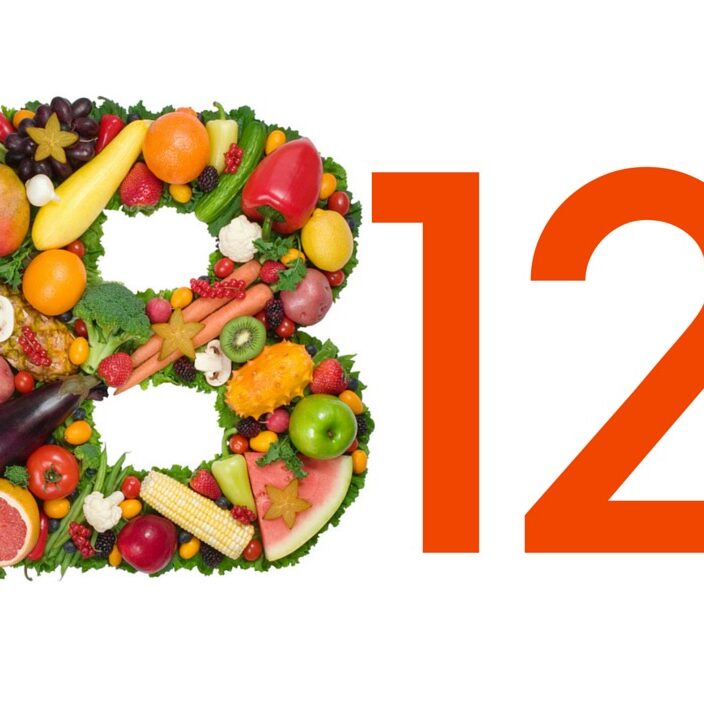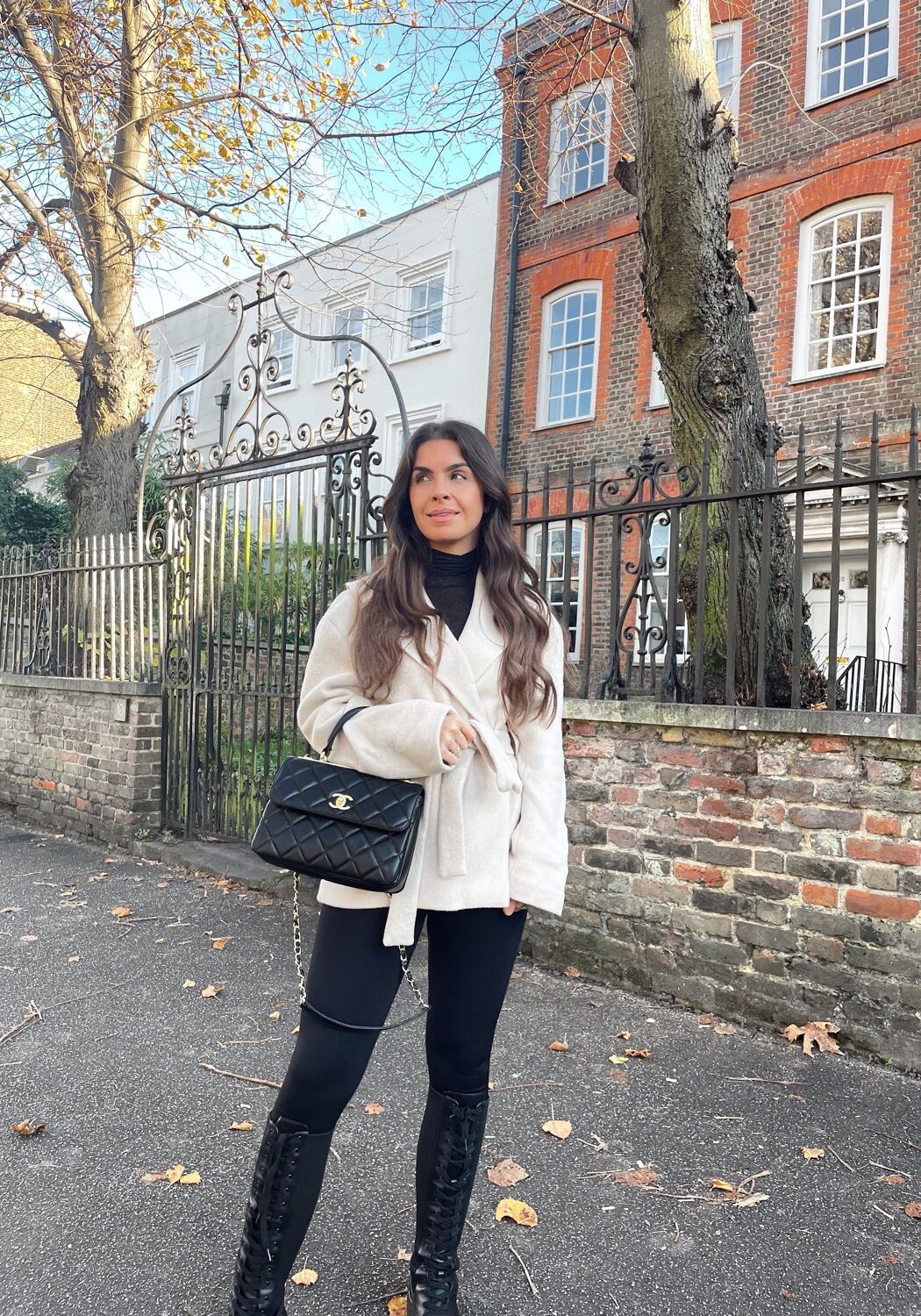Everything you need to know about Plant Based B12


A question I get asked A LOT is, ‘Where do you get your B12 from, I’ve recently cut out meat but not sure where to get it from now, ?’ Which is a great question as vitamin b12 is not naturally present in humans, animals or plants! Today I’m giving you Everything you Need to Know About Plant Based B12, as this is something you really need to think about when becoming plant based, vegan, raw or what ever other diet that doesn’t involve eating any animal products.
Where does it come from?
The answer is in your back garden, the park or in a field!? Your probably thinking what the hell is she going on about well B12 is in the soil! Well more specifically it’s the after-effect off the microbial activity which is left behind by the soil.
How important is it?
Very! A deficientcy of vitamin B12 can cause severe, irreversable damage to your brain and your nervous system! Less severe signs but still serious are symptoms of fatigue, vision problems and soreness of the mouth.
How much do we need?
A healthy adult needs roughly 3 mcg per day, look at the table below;
| How Much Vitamin B12 Do You Need Per Day? | |
|---|---|
| Life Stage | Recommended Amount |
| Birth to 6 months | 0.4 mcg |
| Infants 7–12 months | 0.5 mcg |
| Children 1–3 years | 0.9 mcg |
| Children 4–8 years | 1.2 mcg |
| Children 9–13 years | 1.8 mcg |
| Teens 14–18 years | 2.4 mcg |
| Adults | 2.4 mcg |
| Pregnant teens and women | 2.6 mcg |
| Breastfeeding teens and women | 2.8 mcg |
Plant-Based B12 Foods
Nutritional Yeast
B12 – 2.2mcg per serving

Nutritional Yeast is usually grown from cane sugar, beat molasses or wood pulp. And is grown specifically for human consumption. Yeast is a single celled microorganism that feeds offer sugar. It needs the same vitamins and amino acids that we humans do, yet because nutritional yeast is grown on sugary foods lacking in some nutrients, the yeast is forced to manufacture its own amino acids and vitamins through biochemical reactions. Nutritional Yeast is a staple in my kitchen, it has a cheesy flavour so I love sprinkling it on a lot of my foods, but more importantly it is packed with many B vitamins especially the one that we’re talking about today. A tablespoon added somewhere into each of your meals will be giving you a decent daily dose.
B12 is light-sensitive, so if it is incorrectly stored in a clear plastic or glass bin or bag and exposed to light, its potency will degrade over time. Another important thing you need to think about when picking one is to make sure it is fortified.
I like to use Marigolds’s Nutritional Yeast which is stored correctly and has added B12, which you can purchase by clicking the links below;
SugaVida
B12 – 20 mcg

SugaVida is ‘an unrefined sweetener ‘ that comes from the sap of the blossom/inflorescence of the Palmyra palm tree, (Borassus flabellifer), found in South East India, which has not been stripped of it’s vitamins and minerals. It has exceptionally high levels of iron, magnesium, phosphorus and potassium and it is a plant based source of vitamin B12. Only 2 tablespoons a day will give you all the daily B vitamins you need. SugaVida is also safe for diabetics!
and here for better value of 2 packs. You know how I love buying bulk!
Tempeh
B12- 2.4 mcg per 3.5 ounces

Tempeh is basically a whole soybean that has been naturally cultured and gone through a controlled fermentation process that binds soybeans into a cake form. It is because of the fermentation process that a tiny amount of B12 is produced, by the bacteria. A 3.5 ounce serving of cooked tempeh provides about 2.4 mcg.
Shitake Mushrooms
B12 – 1.8 ounces per 1.8 grams

A few mushrooms contain vitamin B12 in them but not all of them! The mushroom with the highest content is the Shitake Musroom containing 5.61 mcg per 100 grams. This is obviously not possible to consume that amount in a day and also not recommended as you would end up with a pretty sore tummy. So I would definately recommend to combine this with other sources of vitamin B12 I have mentioned.
Chlorella
B12 – 100 grams per 50mcg

Chlorella is a blue-green species of algae that thrives in freshwater, with a single cell structure.
It is important to take into consideration where the chlorella you are buying comes from as ones that are grown in China and Japan are some of the most contaminated. Chlorella produced in Taiwan is by far the cleanest source. I would advice not to rely solely on chlorella for your daily B12 dosage, but chlorella combined with others listed as well as a healthy diet is very beneficial for overall health.
Supplementing

Even though eating local and organic foods, supplementing with a good SBO probiotic. Bbuying other foods that are fortified with B12 is sufficient to avoid deficiency. It is just not realistic for many people to maintain a reliable balance year round.
I still recommend regular supplementation with a good over-the-counter vegan product, namely a whole food-based, non-synthetic multi-vitamin that includes the full spectrum of B vitamins. Garden of life are a great one which I use that are raw, whole food, plant- based, which you can purchase, just click here.
It’s always a good idea to see your doctor and do an annual blood test to ensure your levels are consistently within a healthy range. There is just no reason to take unnecessary risks with your health. I hope that I have cleared up the whole B12 thing for you but if you have any questions then please just comment below.
All my love
Honestly
Alessandra x









